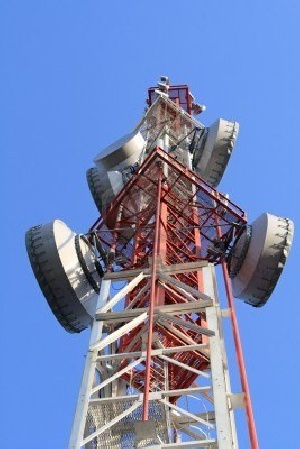Mobile operator, TIGO Ghana says it is investing $24 million to upgrade its cell sites to help make the network stable and improve customers’ voice and data experience.
The first phase of the upgrade, which will see 114 new cell sites enhanced in the Greater Accra, Ashanti and Western Regions, is expected to be completed in September this year.
Briefing journalists on tour of some of the cell sites in Accra, Mr Ron Reddick, Chief Technical and Information officer of Tigo, said the completion of the upgrade would provide Tigo customers a new level of experience on the network.
It would also help to increase coverage and boost customers’ experience.
He said additional 150 cell sites would be added early next year across the country, all aimed at optimizing customer experience.
“If you have very good cell sites, a lot of things work good for the customers-calls, data and internet experience,” he said, adding that, the new sites would also help split the traffic in high traffic areas.
He said there are Tigo teams across the country working on setting up multiple sites, optimizing the broadband to enhance customer experience.
Mr Reddick said Tigo is using a combination of technologies to bring up the new cell sites, all in an effort to make Tigo one of the best networks in the country.
Aside the fibre, Tigo is also using microwaves to provide connectivity to new data centres
“This is one of the greatest project we got going this year. We are also doing other modernization projects to enhance the network quality and to secure our batteries,” Mr Reddick said.
He said there was the need to keep investing in the network in order to meet the changing technology needs and to make access to information easy for everyone.
“Everything that Tigo does is to improve customer experience and we are doing this all across the country,” he said.
Meanwhile, Tigo said it has lost more than one million dollars to battery theft, saying the trend is impacting negatively on network quality.
“When ECG power fails, we have generators as back up. When the generators also fail, then we use batteries to run the site but the batteries on site are now being stolen,” he said.
“When the batteries are stolen the cell sites go down and people are unable to get through with their calls in emergency or security situations,” Mr Reddick said and urged customers to keep an eye on the sites to help reduce batteries theft.
Some of the cell sites visited are Osu 1 and the La Beach Cell site.
Business News of Wednesday, 1 July 2015
Source: GNA
Tigo invests $24 million to upgrade cell sites
Entertainment












